1. Chihuahua: Tiny Body, Huge Attitude
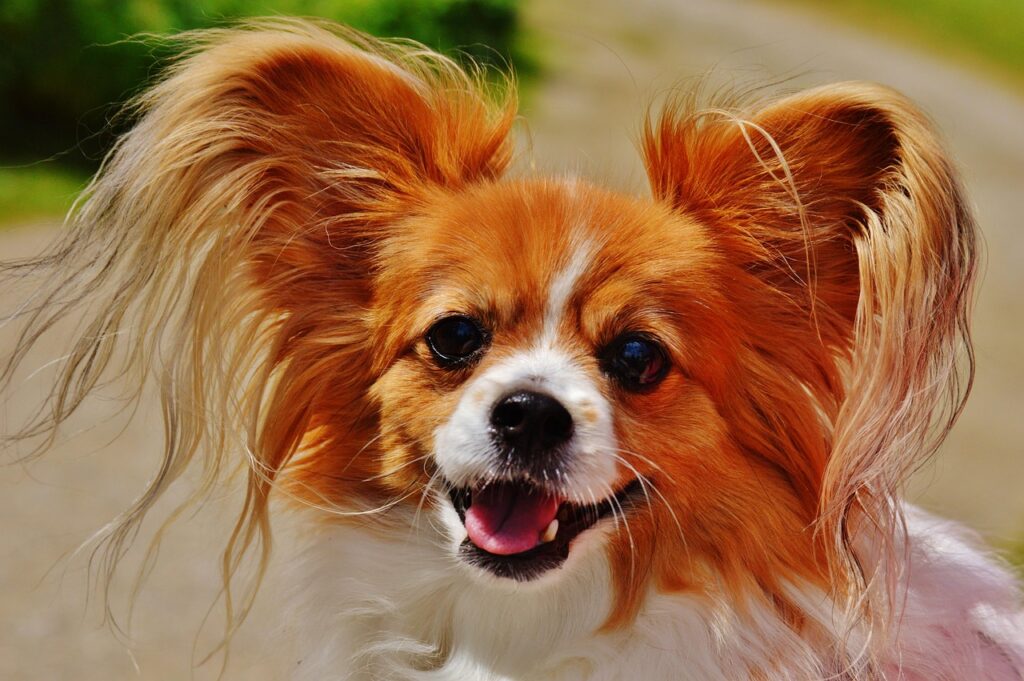
Chihuahuas might be small, but their confidence is off the charts—and so is their sass. According to Dog Time they are known for snapping and barking, these tiny divas don’t hesitate to defend themselves, even against much larger threats. But let’s face it, it’s not their fault—they’re often babied and carried everywhere, which can make them feel insecure and defensive. Without proper training, their big personalities can turn into big tantrums. Chihuahuas just need boundaries, love, and a reminder that they’re not actually the size of a lion (even if they act like it).
2. Dachshund: The Feisty Wiener Dog
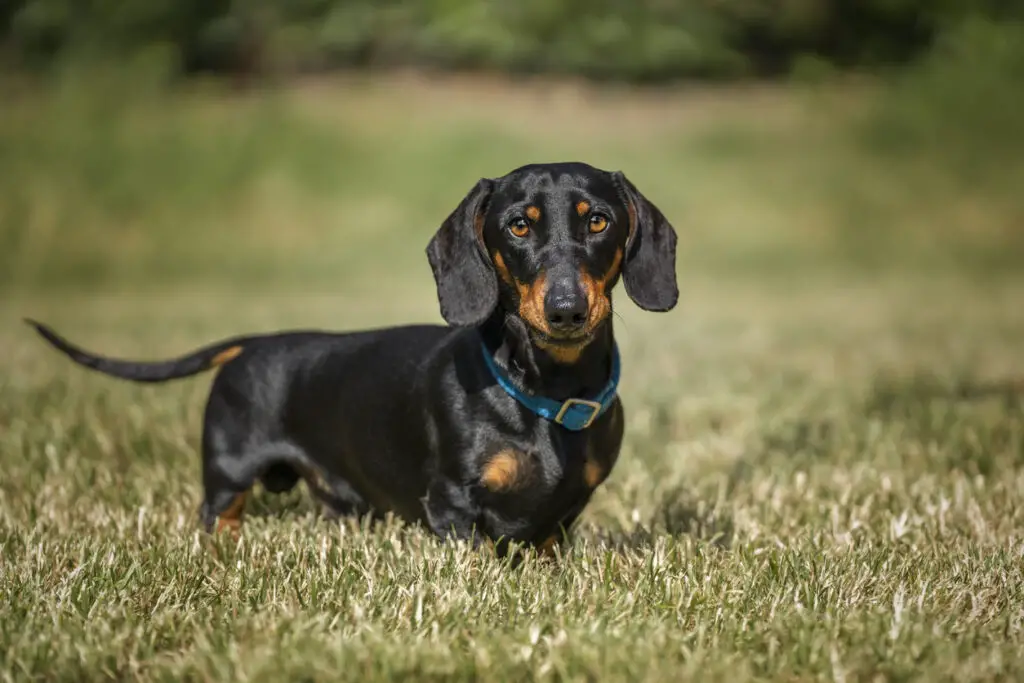
Don’t let their adorable hot dog shape fool you—Dachshunds can be surprisingly aggressive. Originally bred to hunt badgers, they’re fearless and stubborn, which sometimes translates to snapping or growling when they feel challenged. However, it’s not entirely their fault. Dachshunds often develop behavioral issues because owners underestimate their training needs. They might look like lap dogs, but these little hunters need mental stimulation and consistent boundaries to thrive. With proper care, their spicy attitudes can turn into sweet loyalty—just don’t underestimate their inner badger-busting spirit.
3. Jack Russell Terrier: Energy with a Side of Snark
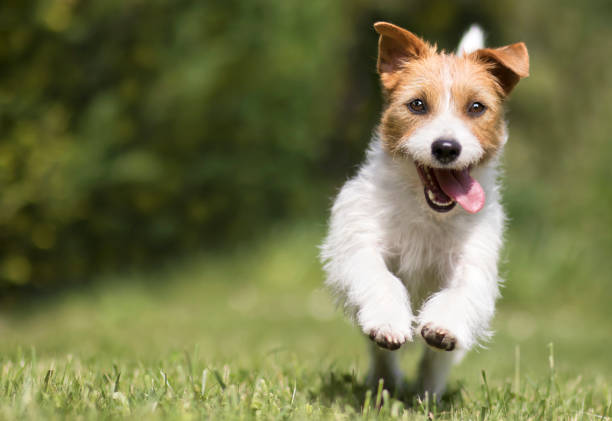
Jack Russell Terriers are like tiny tornadoes of energy, and their aggression usually stems from boredom or frustration. These working dogs were bred to hunt and dig, and without enough exercise or mental stimulation, they can become destructive or snappy. It’s not their fault—they’re just not built for a lazy lifestyle. When their needs aren’t met, their intense energy can spiral into bad behavior. But give them a job to do or an outlet for their boundless energy, and you’ll see their lovable, playful side shine through.
4. Rottweiler: The Gentle Guardian Misunderstood

Rottweilers have a reputation for aggression, but in reality, they’re incredibly loyal and protective dogs. Their size and strength can make them intimidating, but most aggression in Rottweilers comes from improper training or neglect. These dogs were bred to guard and herd, so when they’re not socialized properly, their instincts can get out of hand. It’s not their fault—they’re just doing what they were bred to do. With the right training and socialization, Rottweilers are gentle giants who love their families fiercely.
5. Chow Chow: The Aloof Aristocrat

Chow Chows might look like fluffy teddy bears, but their dignified and independent personalities can make them standoffish—or even aggressive. These ancient dogs were bred to guard, so they’re naturally wary of strangers. Aggression often arises when they’re not socialized or trained properly, which isn’t their fault. Chows need patient, experienced owners who understand their unique temperament. When given the right environment, they can be loyal, calm companions who don’t feel the need to assert their dominance. Just don’t expect them to be overly cuddly—they’re more about respect than affection.
6. Bulldog: The Stubborn Snuggler with a Short Fuse
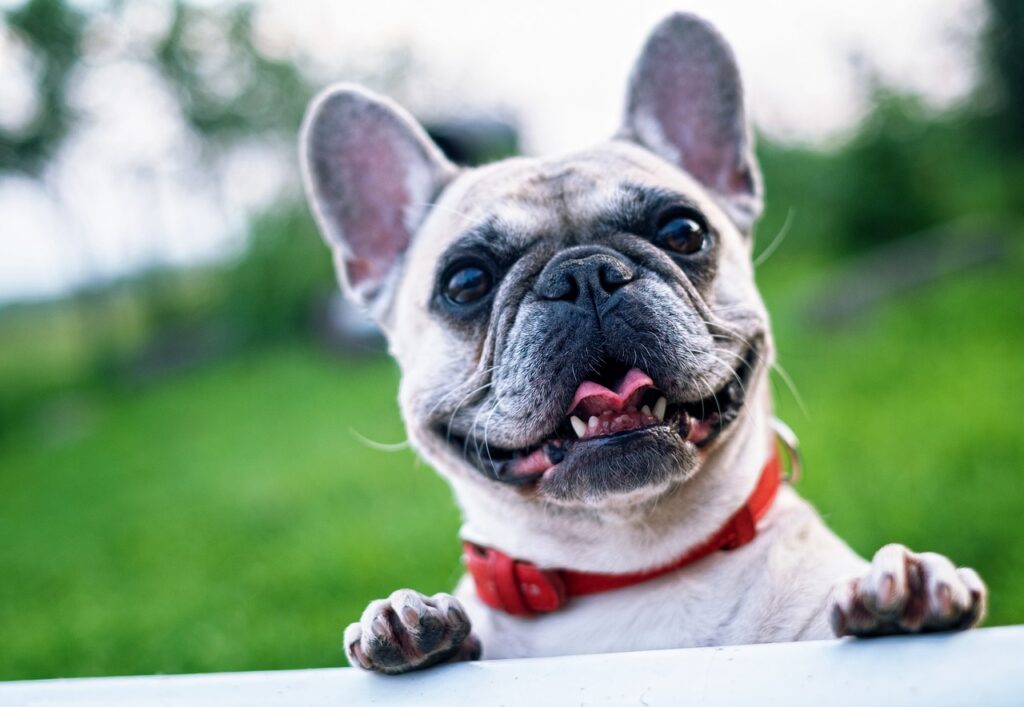
Bulldogs are often seen as lazy couch potatoes, but they can become aggressive when provoked or if they feel their space is being invaded. Their aggression isn’t about being mean—it’s often tied to discomfort, as their stocky builds and breathing issues can make them irritable. Bulldogs were originally bred for bull-baiting, so they still carry a hint of that tough-guy attitude. It’s not their fault, though; their stubborn nature just means they need consistent training and patience. With proper care, they’re sweet, snuggly, and completely devoted to their families.
7. Doberman Pinscher: The Loyal Protector with a Strong Streak
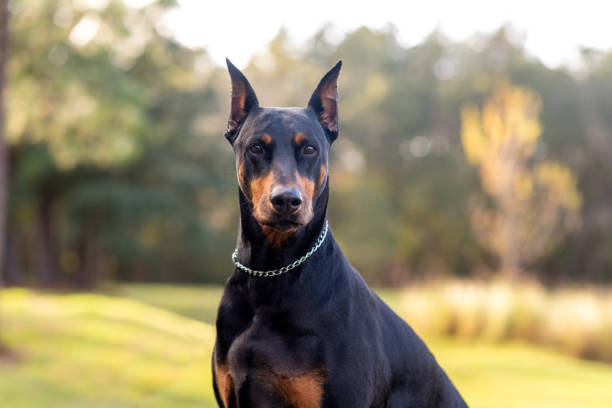
Dobermans have a reputation for being aggressive, but the truth is they’re just highly protective and loyal to their families. They were bred to be guard dogs, so their alertness and quick reactions can sometimes come off as aggression. It’s not their fault—they’re just doing what they were bred to do. With early socialization and proper training, Dobermans are gentle, intelligent, and loving companions. They just need clear leadership and a job to channel their energy. When raised right, Dobermans are more likely to cuddle than cause trouble.
8. American Pit Bull Terrier: The Misunderstood Athlete

Pit Bulls are one of the most misunderstood breeds, often labeled as aggressive due to their history of being used in dog fighting. However, their natural temperament is affectionate, loyal, and eager to please. Aggression in Pit Bulls usually stems from poor training, neglect, or irresponsible owners—not the dogs themselves. It’s not their fault they’ve been unfairly stereotyped. With proper care, socialization, and training, Pit Bulls are loving, goofy family members who are just as likely to lick your face as they are to wag their tails off at playtime.
9. German Shepherd: The Overachiever Who Means Well
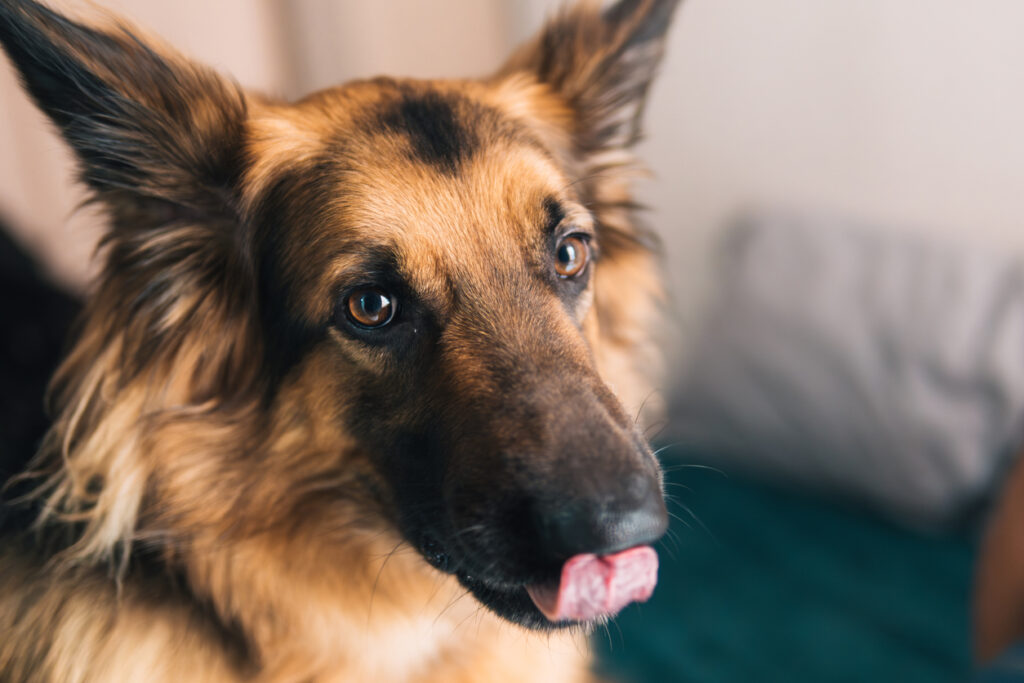
German Shepherds are incredibly intelligent, which is both a blessing and a curse. Bred to herd and protect, they can become aggressive if they feel their family or territory is threatened. Their aggression usually stems from fear or lack of proper training rather than innate behavior. It’s not their fault—they’re just trying to do their job! When trained and socialized early, German Shepherds are loving, devoted, and fantastic companions. Their eagerness to learn and their strong protective instincts make them one of the most impressive—and misunderstood—breeds.
10. Shih Tzu: The Tiny Tyrant with a Big Ego
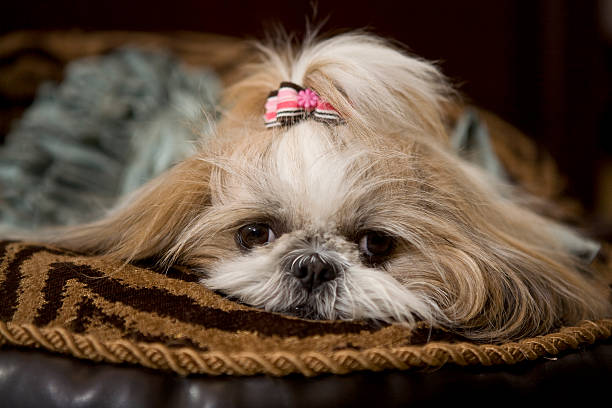
Shih Tzus might look like royalty with their flowing coats and tiny stature, but their attitudes can sometimes rival their looks. These little divas can get snappy if they feel disrespected or if their “throne” is disturbed. But it’s not really their fault—spoiling them too much can make them feel like they’re in charge. Shih Tzus need consistent boundaries to help balance their big egos with their naturally affectionate personalities. With the right training, they’re lovable lap dogs who just need a little extra guidance to remember they’re not actually royalty.
11. Cocker Spaniel: The Unexpected Grump
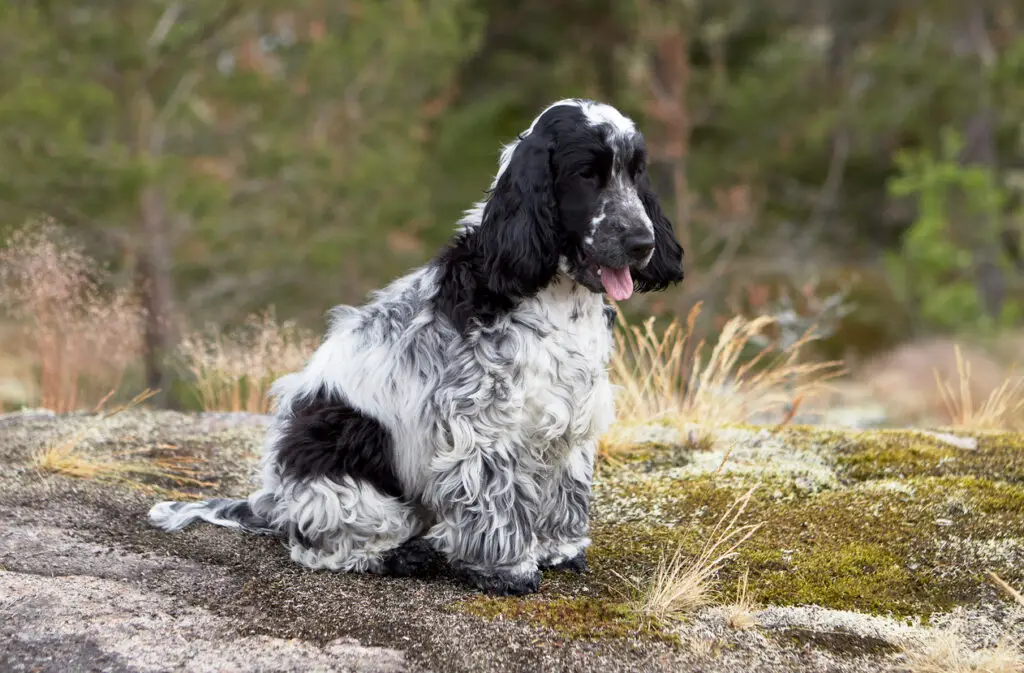
Cocker Spaniels may look sweet and gentle with their floppy ears and soulful eyes, but they can surprise you with bouts of aggression if they’re not properly socialized. Known for “Cocker Rage Syndrome,” which is rare but real, their outbursts can sometimes be linked to genetics or fear. It’s not their fault—these dogs were bred as hunting companions, and a lack of mental stimulation or unclear boundaries can lead to frustration. With the right training and plenty of affection, they’re loving, playful family members who are happiest when their tails are wagging.
12. Akita: The Quiet Watchdog with a Protective Streak

Akitas are dignified, powerful dogs with a strong instinct to protect their family. This can sometimes come across as aggression, especially if they feel a stranger is a threat. Their loyalty is unmatched, but they require an experienced owner to guide their independent nature. It’s not their fault—Akitas were bred to be guardians, and without proper training, they can take this job a little too seriously. When socialized from a young age, Akitas are calm, loving companions who form deep bonds with their families. Just don’t expect them to warm up to new people quickly!
13. Dalmatian: The Spotted Firecracker
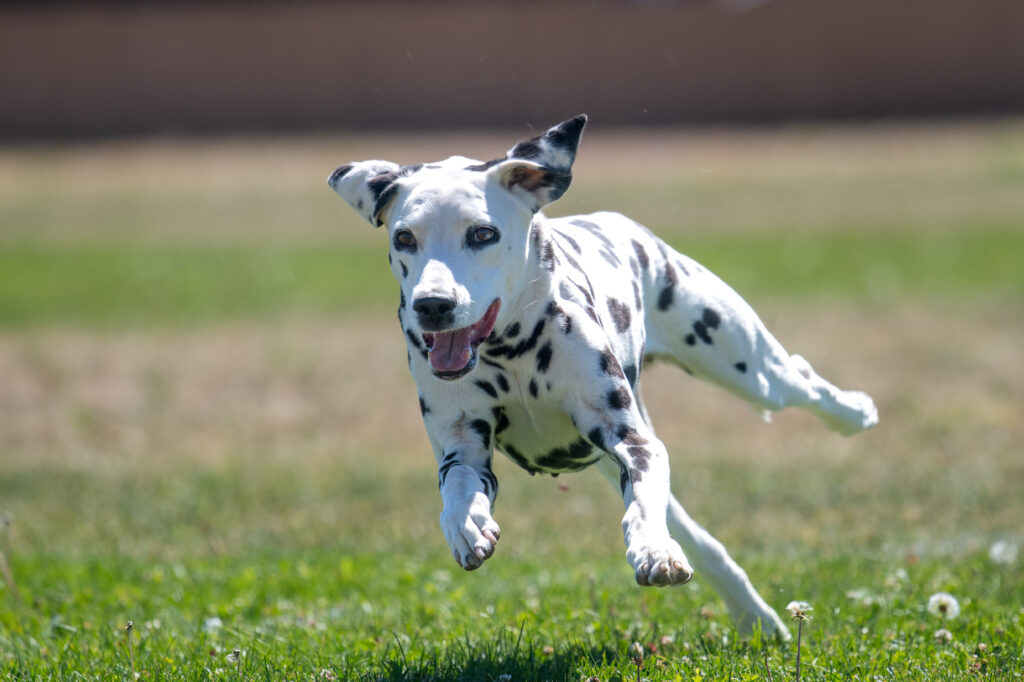
Dalmatians are famous for their spots and their history as firehouse mascots, but they’re also known for their high energy and occasional aggression. Their bold personalities and intelligence make them great companions, but boredom can lead to destructive or snappy behavior. It’s not their fault—they were bred to run alongside carriages for miles, so they need plenty of exercise and stimulation. When their energy is channeled properly, Dalmatians are affectionate, loyal, and endlessly entertaining. They may have a fiery streak, but that just adds to their charm!


